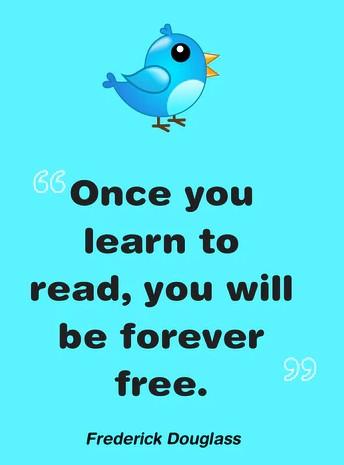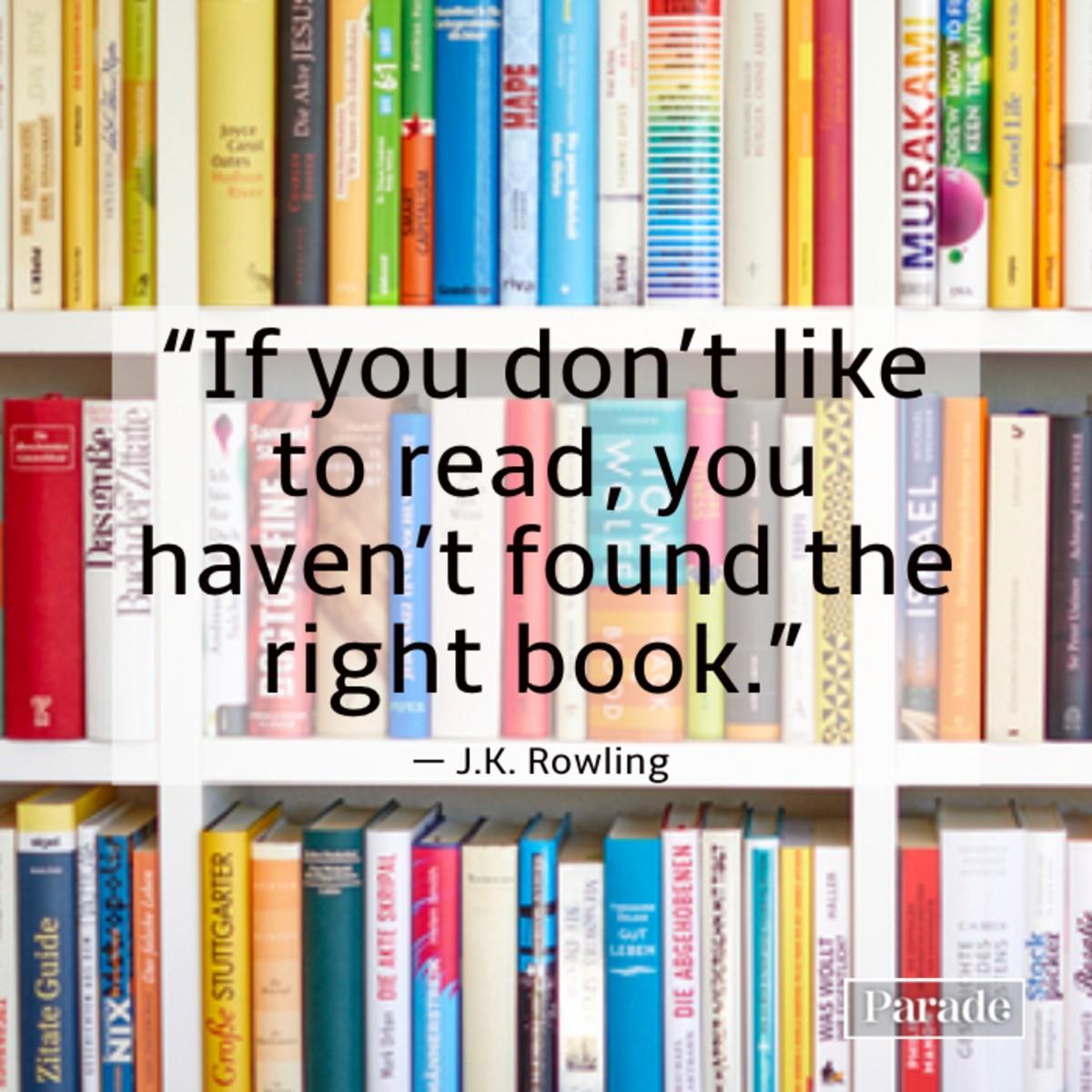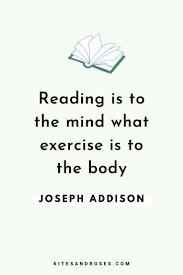

READING WITH YOUR CHILD

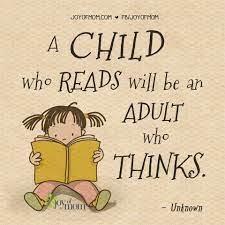
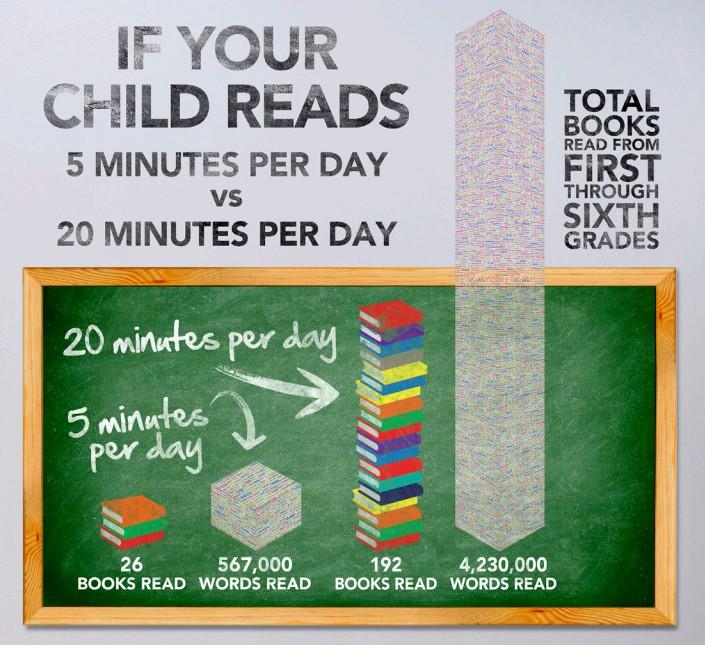
READING ASPIRATIONS
Reading is an essential skill for the whole curriculum.
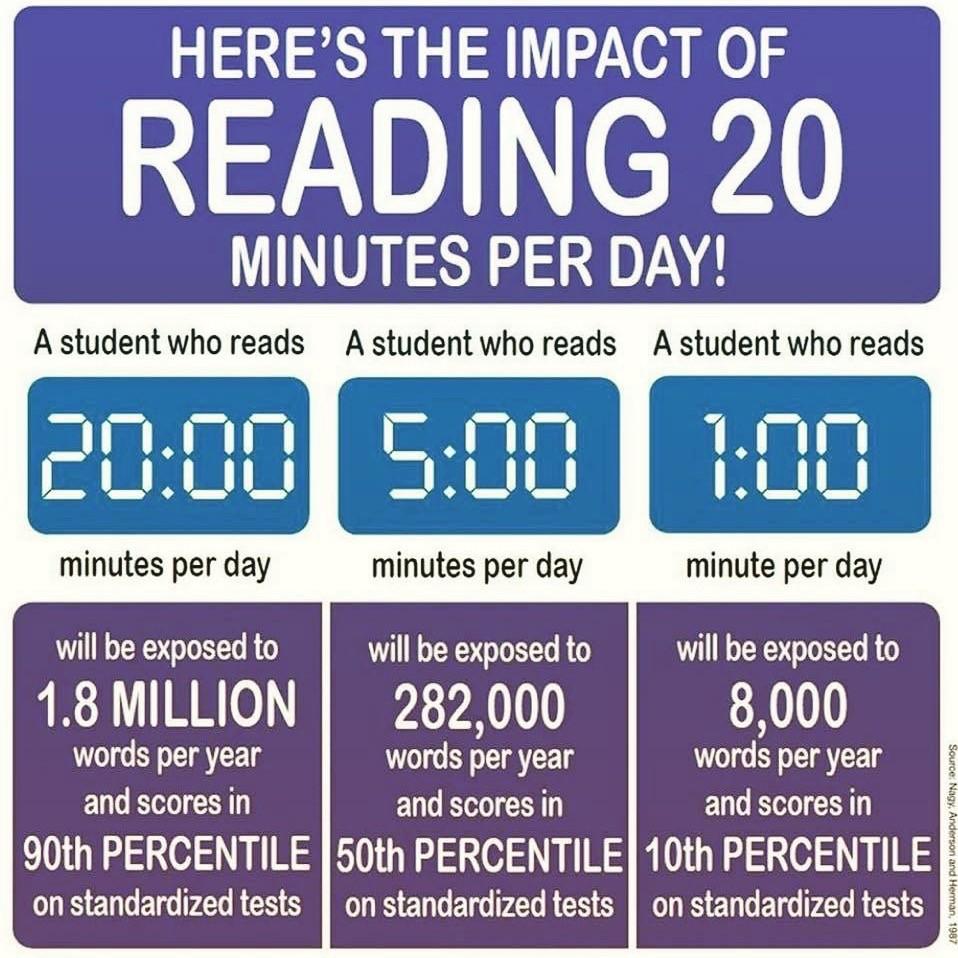
-It improves vocabulary
-Helps develop reasoning
-Develops questioning and enquiry
-Helps students learn to decode (texts and the world)
-Improves visual literacy
-Improves confidence
-Helps with social and emotional development

-Improves writing
-Exposes children to different voices and cultures
-Improves concentration stamina
-Explore more uncomfortable subjects in a safe space
RIGHTS OF A READER

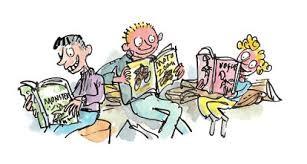
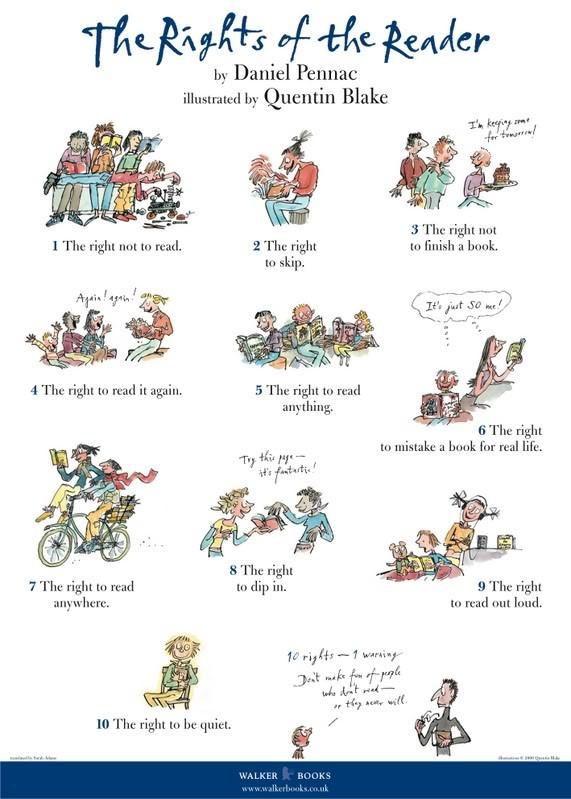
Any of these surprise you?
BOOK CHOICE
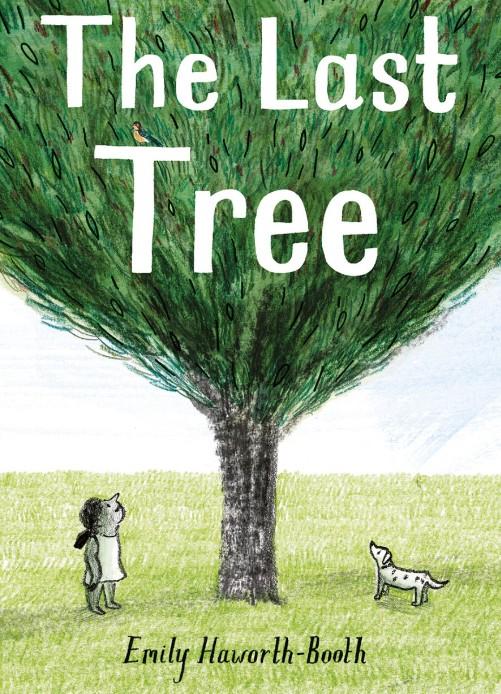
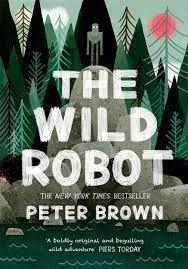

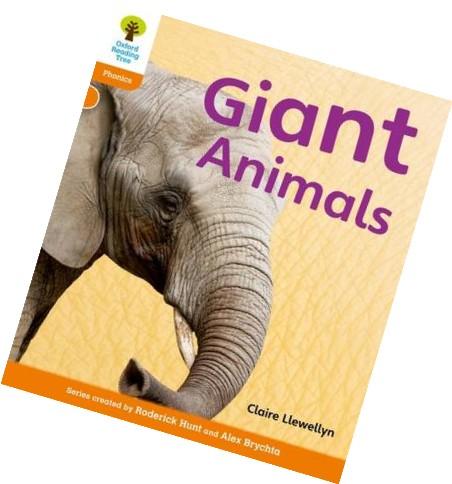
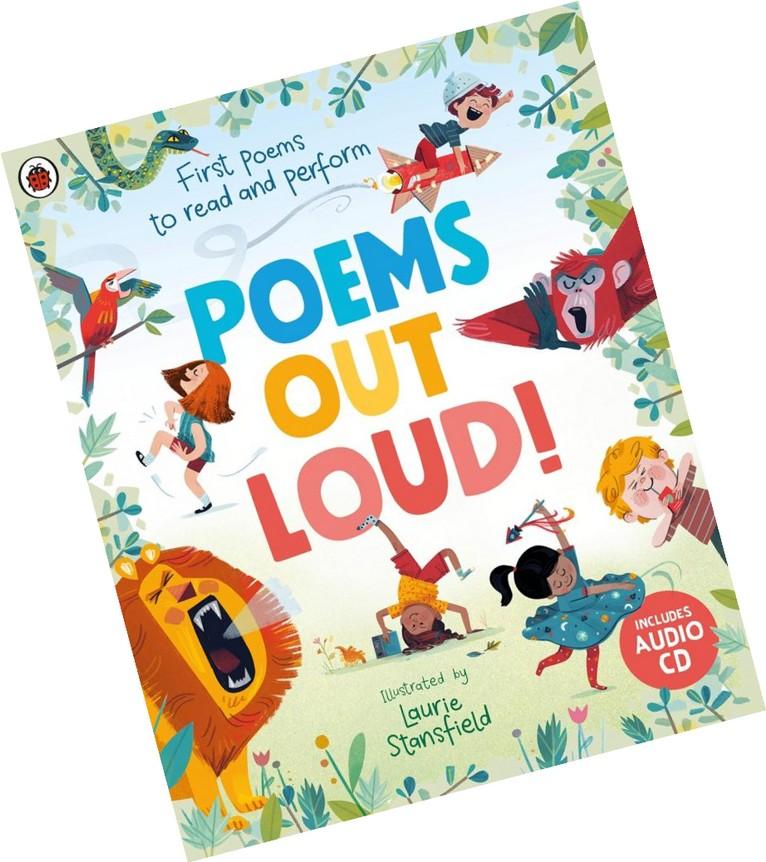
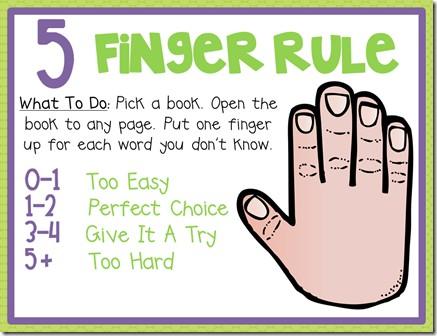
READING TIME


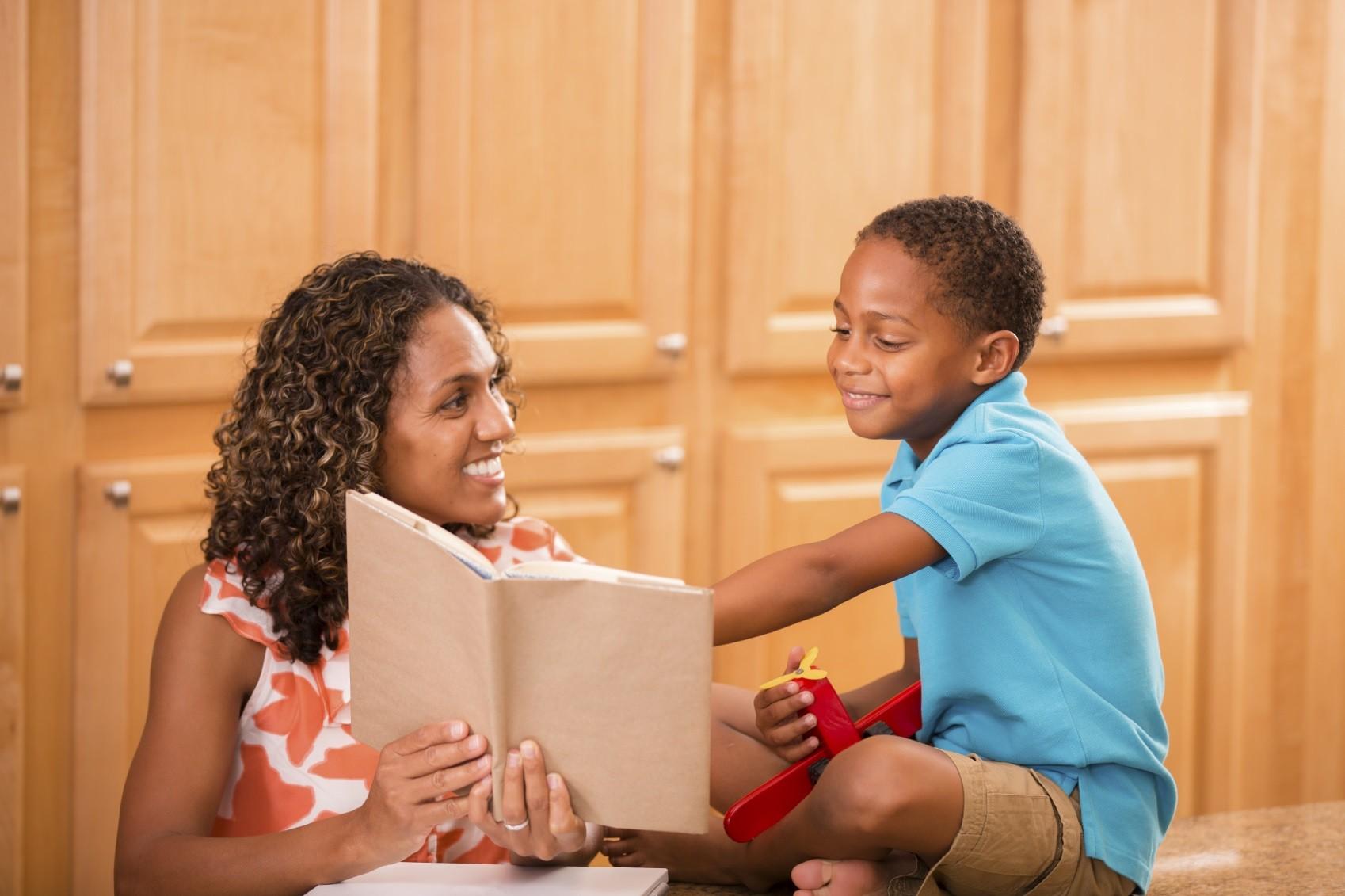
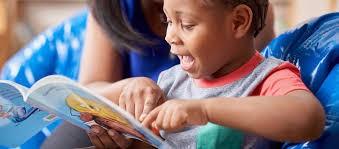
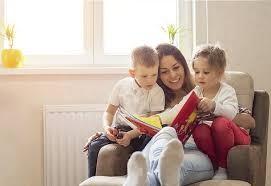
READING ENVIRONMENT

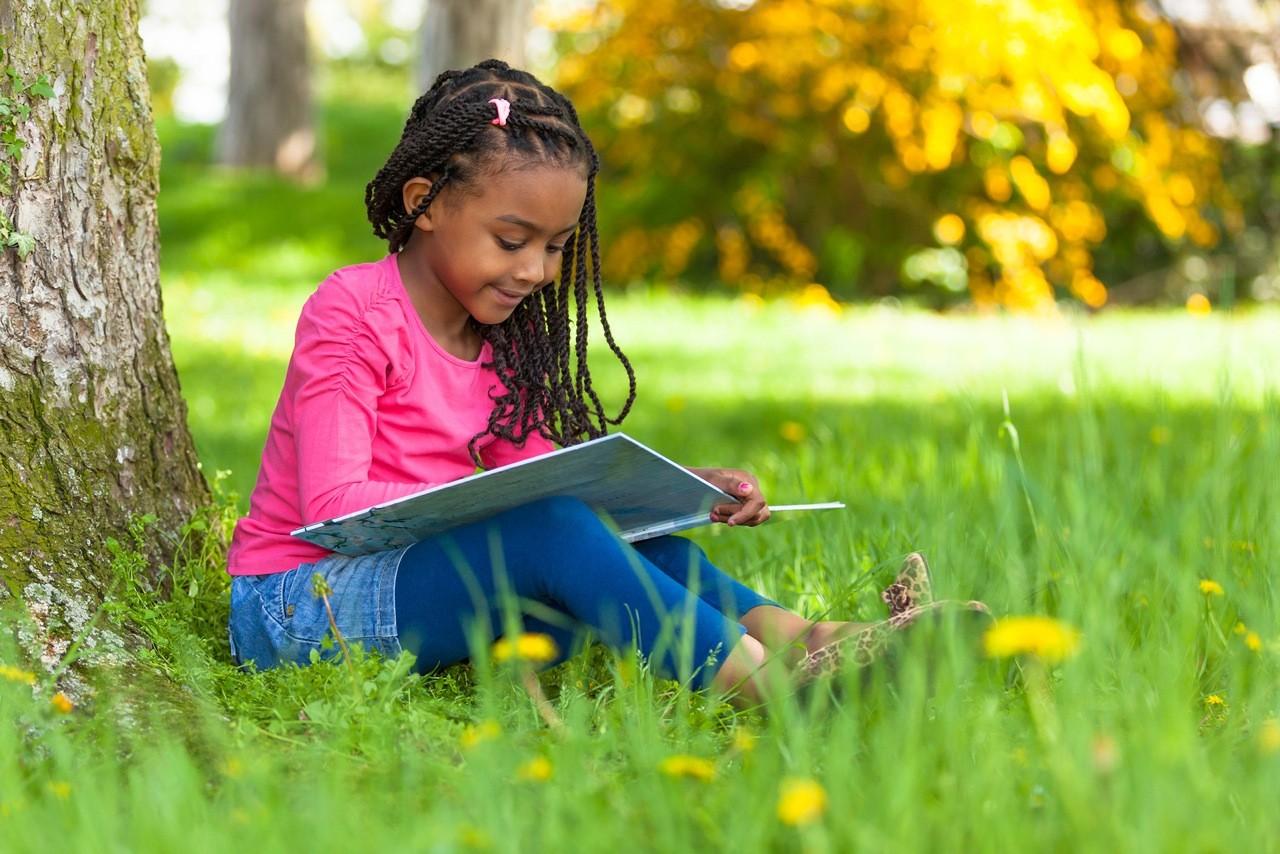




PHONICS

Phonics is a way of teaching children how to read and write. It helps children hear, identify and use different sounds that distinguish one word from another in the English language.
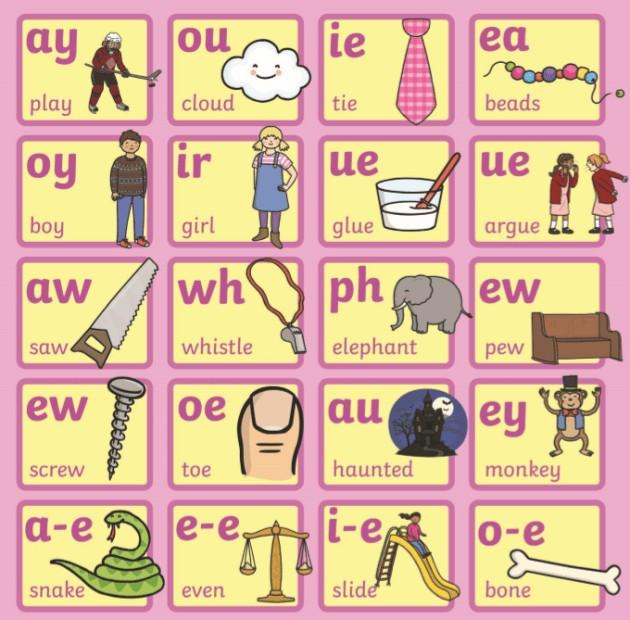
Written language can be compared to a code, so knowing the sounds of individual letters and how those letters sound when they’re combined will help children decode words as they read.
Understanding phonics will also help children know which letters to use when they are writing words. Phonics involves matching the sounds of spoken English with individual letters or groups of letters. For example, the sound k can be spelled as c, k, ck or ch. Teaching children to blend the sounds of letters together helps them decode unfamiliar or unknown words by sounding them out. For example, when a child is taught the sounds for the letters t, p, a and s, they can start to build up the words: “tap”, “taps”, “pat”, “pats” and “sat.”
PHONICS THROUGH SHARED READING

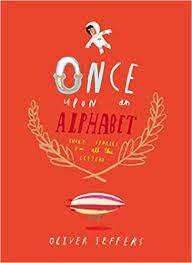
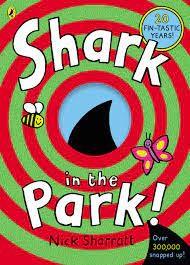
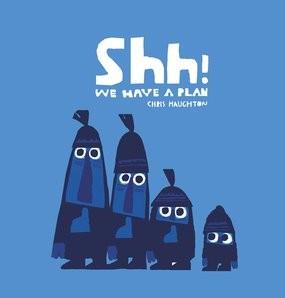
BOOKS TO SUPPORT CHILDREN WHO ARE NOT PHONICALLY SECURE

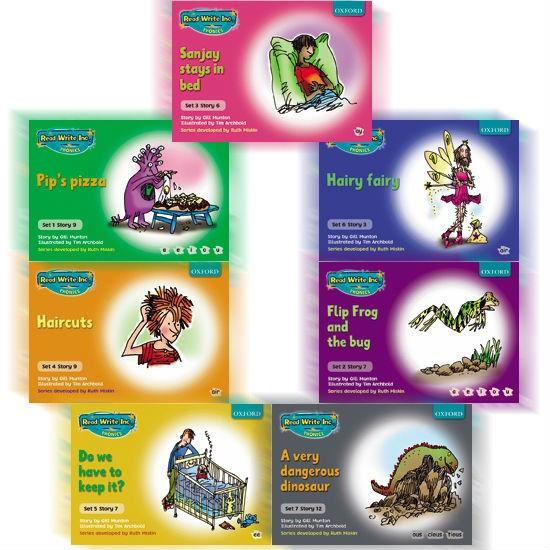
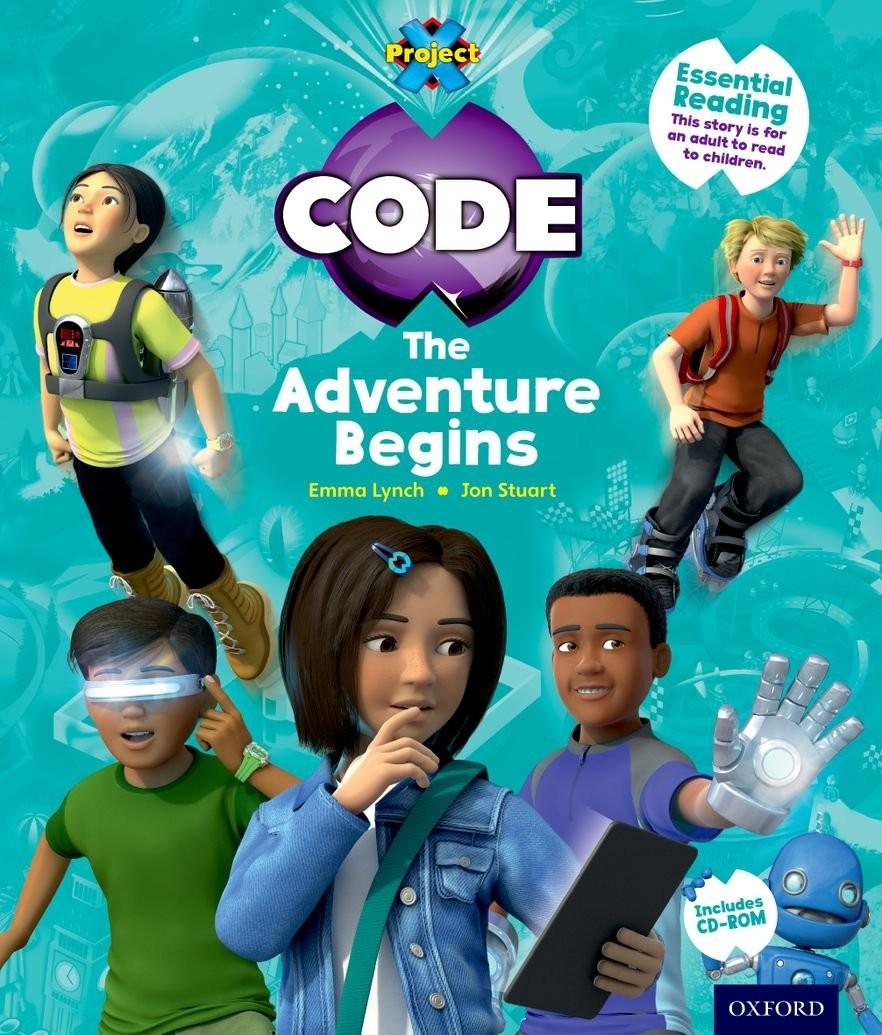
INFERENCE

Inference skills are more complex comprehension skills. Inference means - filling in what is not written on the page or working out what the author is trying to tell you using clues and evidence from the text when it is not explicitly written. This is a skill which comes naturally to most adults but needs to be explicitly taught to children. Lots of inference skills can be taught using pictures or simple sentences. More confident readers might use a text extract.

VISUAL LITERACY

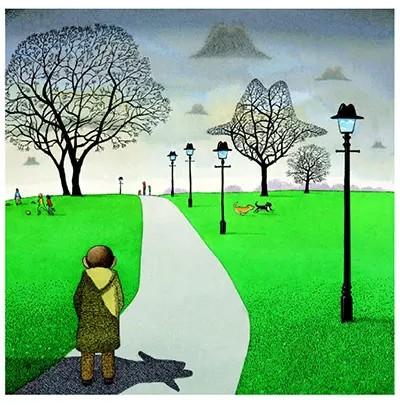
VISUAL LITERACY

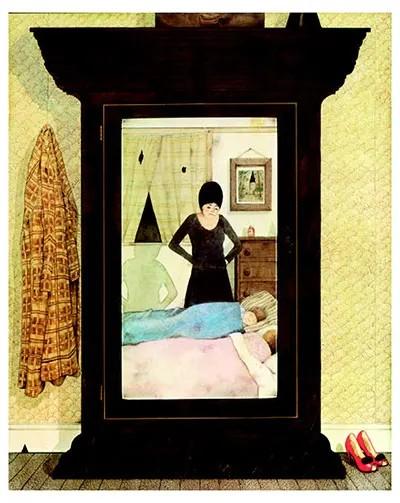
GRAPHIC NOVELS
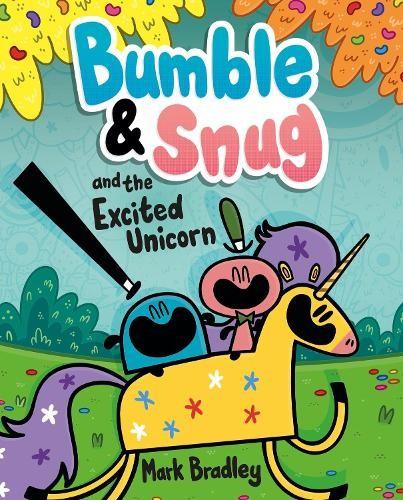
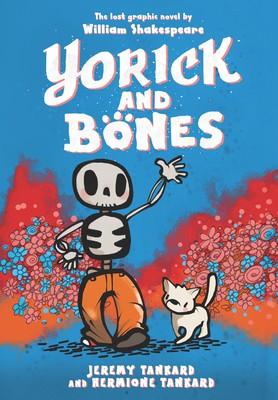
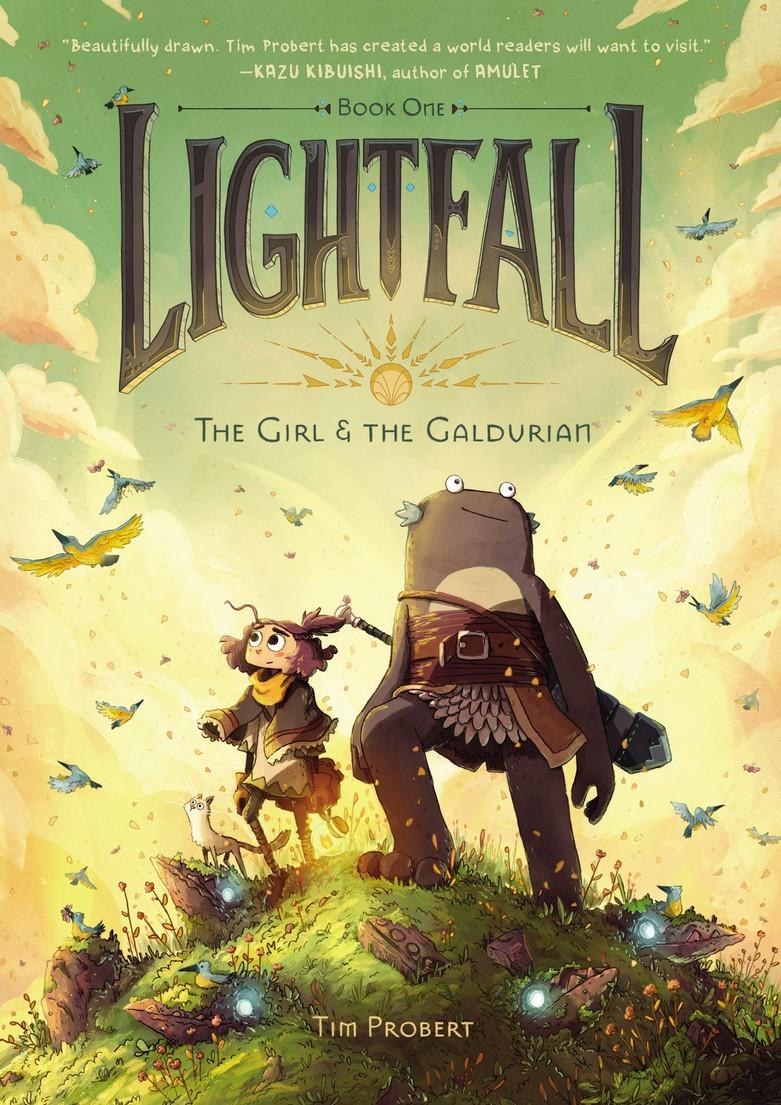
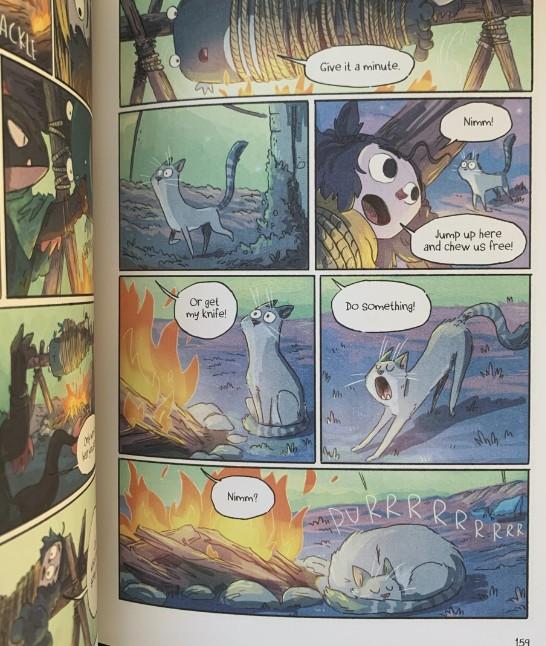
EVIDENCE
The next step is to ask children to explain how or why they think that.
This can be very difficult and is a complex skill. We encourage the children to be reading detectives. They must try to back up their thoughts with evidence from the text or the picture. The evidence should be a particular part of the image or a specific word, phrase or sentence.

“I wonder why….
Is a good question to pose to children, especially children who are less confident or may be anxious about answer comprehension questions.
1. How can you tell that this is not a normal school?

INFERENCE
Dear Miss Strangewart,
2. How can you tell that Griselda didn’t mean to insult Miss Strangewart?
I am writing to offer my sincere apologies for my grotesque behaviour in your class. The awkward atmosphere made it very apparent to me just how sad and cross I had made you. Had I known that you were teaching Ghastly Rudeness, I would naturally have come crashing in through the door, scraped my chair and whistled loudly while you were talking. Unfortunately, I had it down as an Aggressive Silence lesson on my timetable. I certainly wouldn’t have hung up my cloak so immaculately and smiled at everyone as I entered. I am very sorry that I did not insult anyone else’s warts or make fun of their terrible cackle. I know you expect better from the students of Hag Academy. I promise it won’t happen again and I will try to be more unpleasant in future.
Yours insolently, Griselda
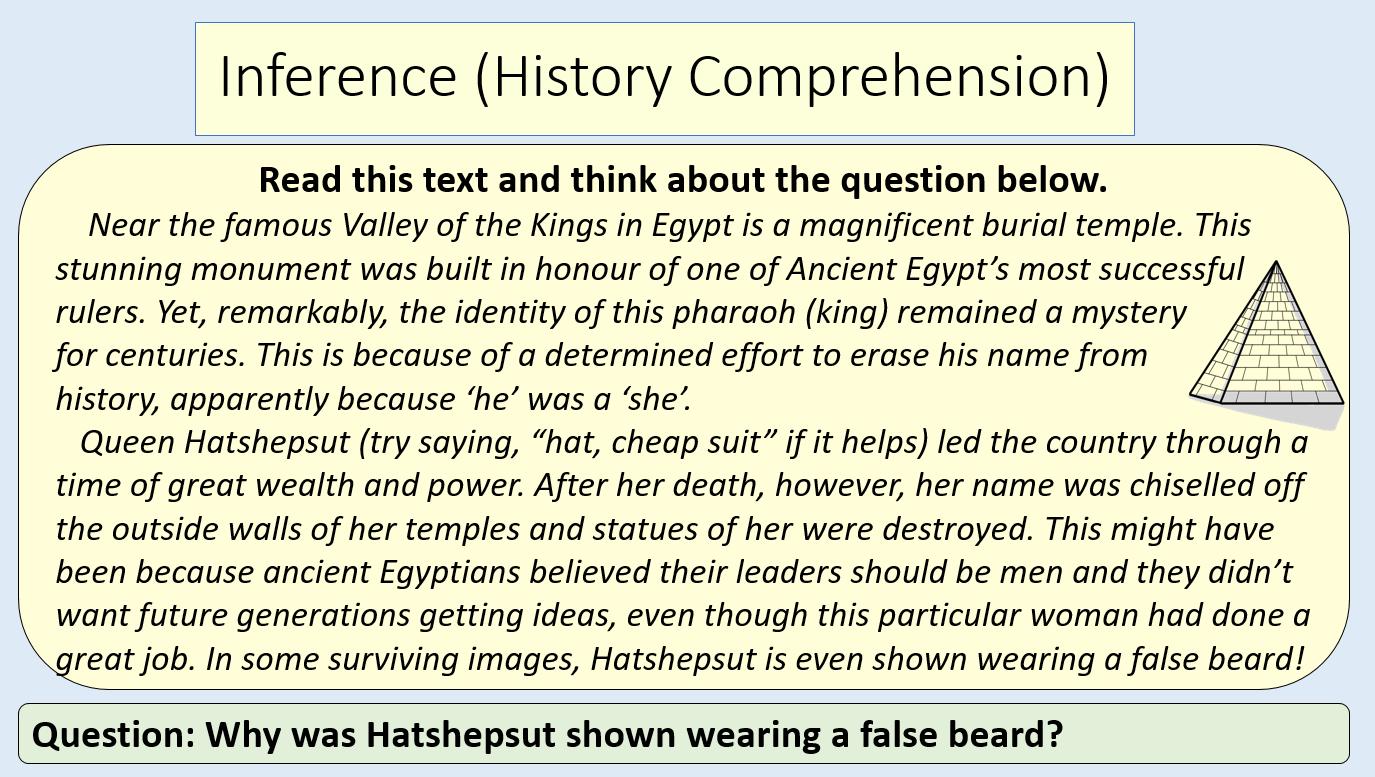

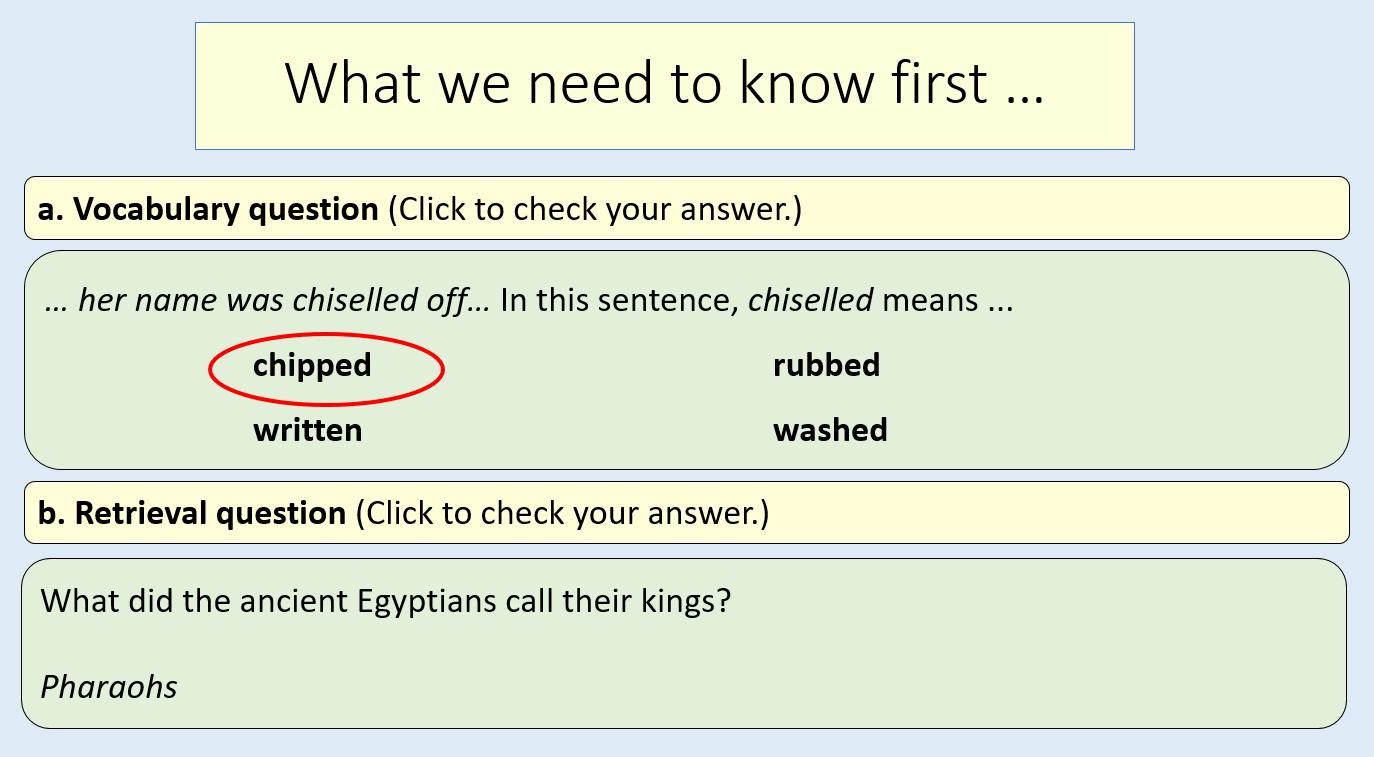

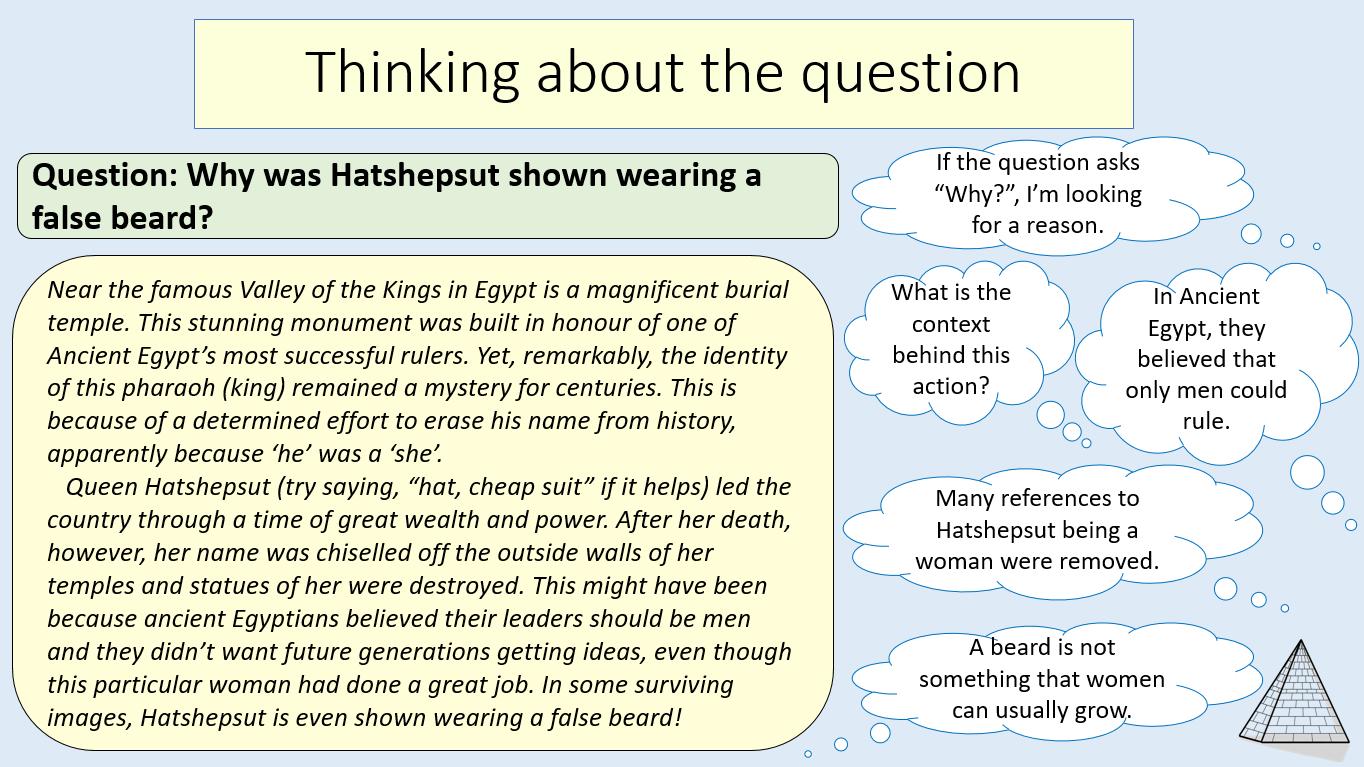
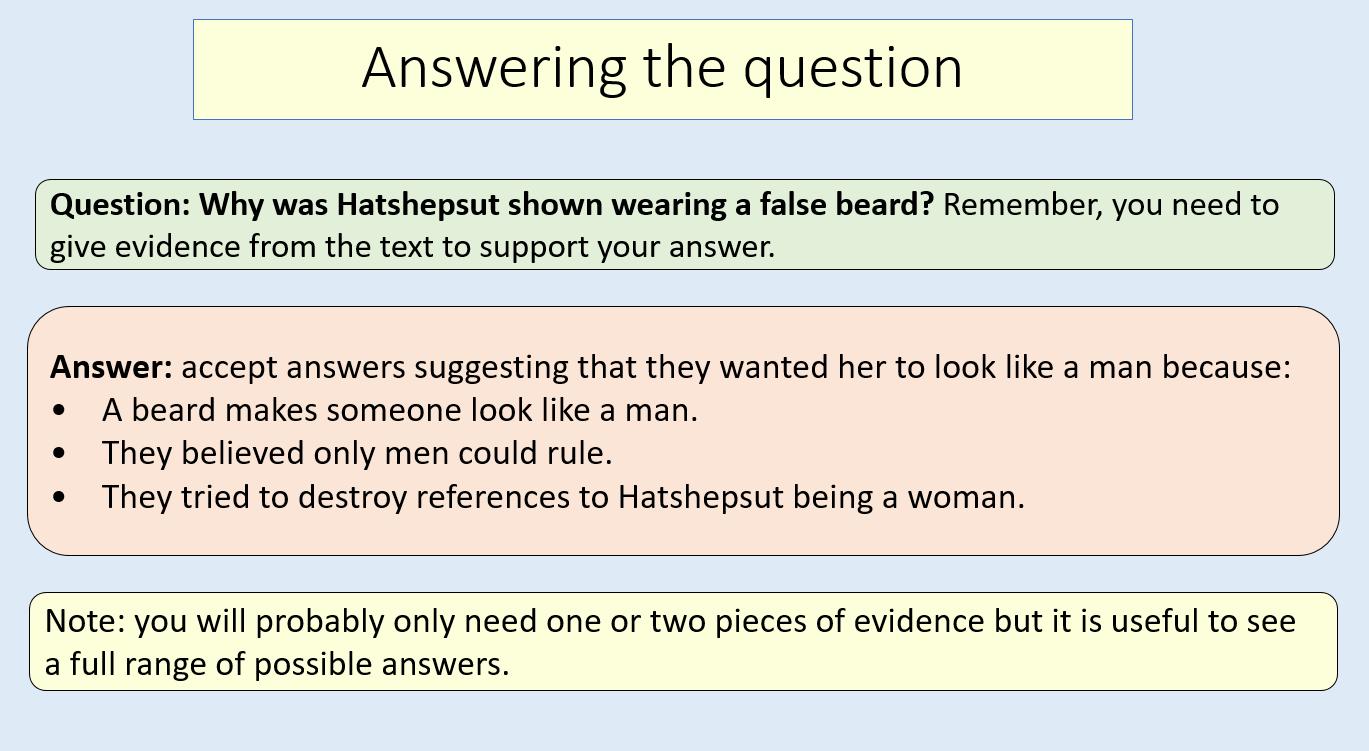
EXPECTATIONS
Year 3
Your child will need to bring in their reading record daily.
3 times a week, as a minimum, we would strongly encourage that pupils log the pages they have read (e.g. p7178) and once a week write an extended comment about the following
:
• Vocabulary – Did you identify an unknown word? Did you use a dictionary to discover its meaning? Write down the word and its meaning
• Prediction – Can you make a prediction about what will happen next, based on your understanding of events so far? I predict…because…

• Questions – Did the text raise any questions for you? Write down your questions.
If you have time, we would strongly encourage you to continue reading with your child. Please sign once a week to acknowledge you have had a conversation about your child’s reading – this could include what they’ve liked or disliked about the text; any questions they have; and finally, any connections they had with their own lives (things they have seen, read, heard or experienced)
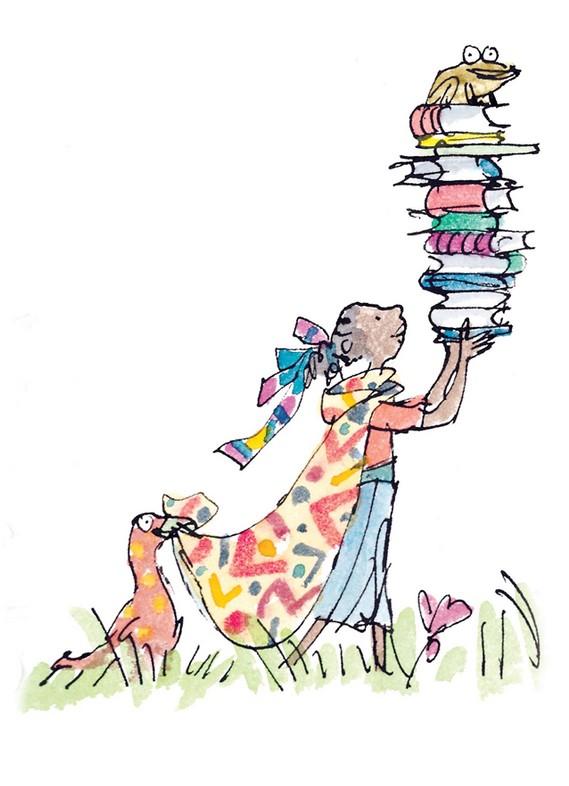
EXPECTATIONS
Year 4
Your child will need to bring in their reading record daily.
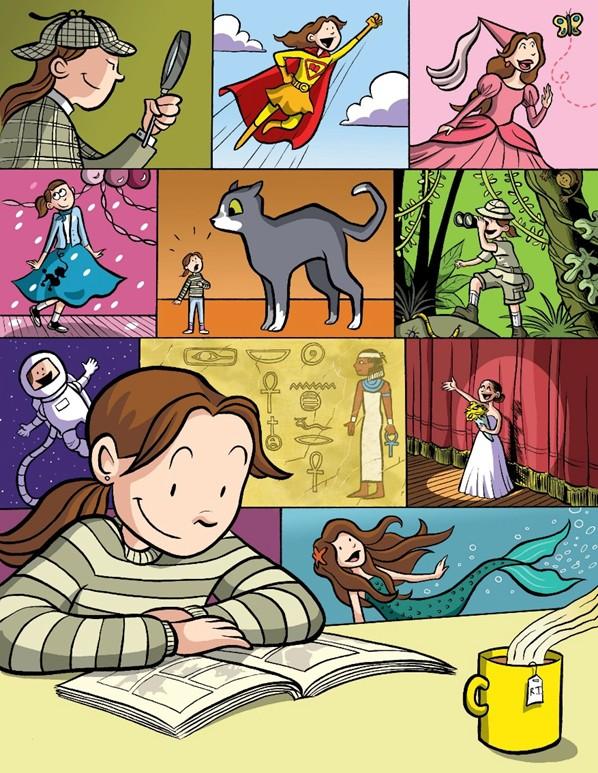
4 times a week, as a minimum, we would ask that pupils log the pages they have read (e.g. p71-78) and once a week write an extended comment about the following:
• Vocabulary – Did you identify an unknown word? Did you use a dictionary to discover its meaning? Write down the word and its meaning
• Prediction – Can you make a prediction about what will happen next, based on your understanding of events so far? I predict… I wonder if… because…
• Questions – Did the text raise any questions for you? Write down your questions.

EXPECTATIONS

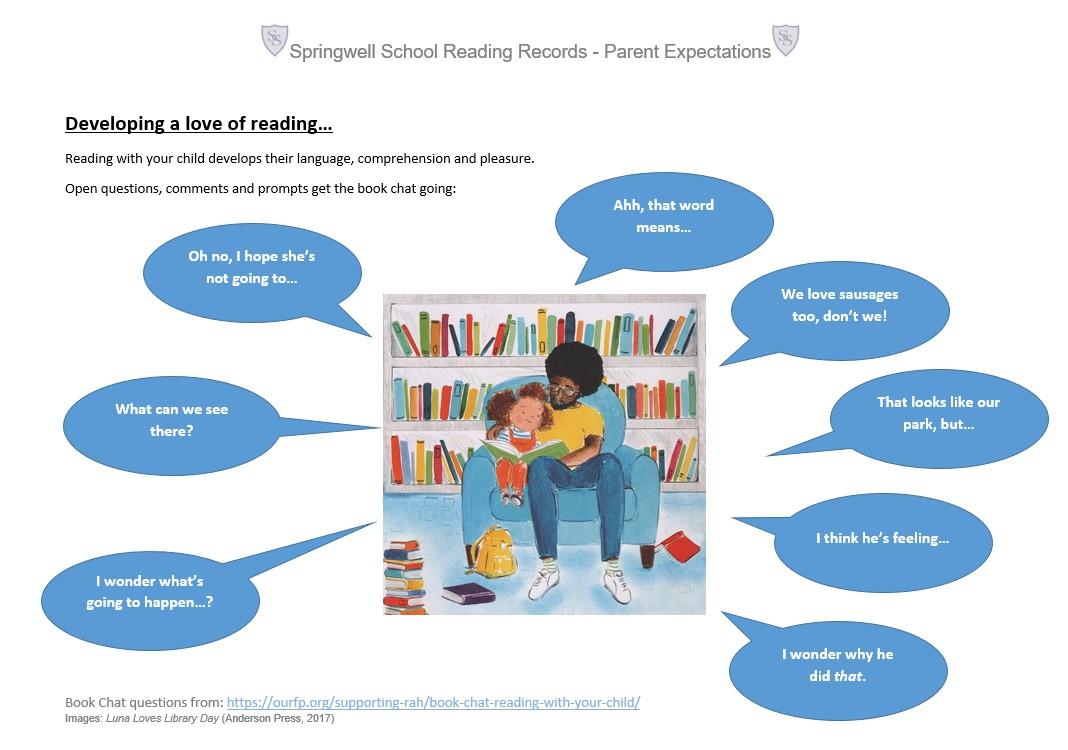
READING RECORDS

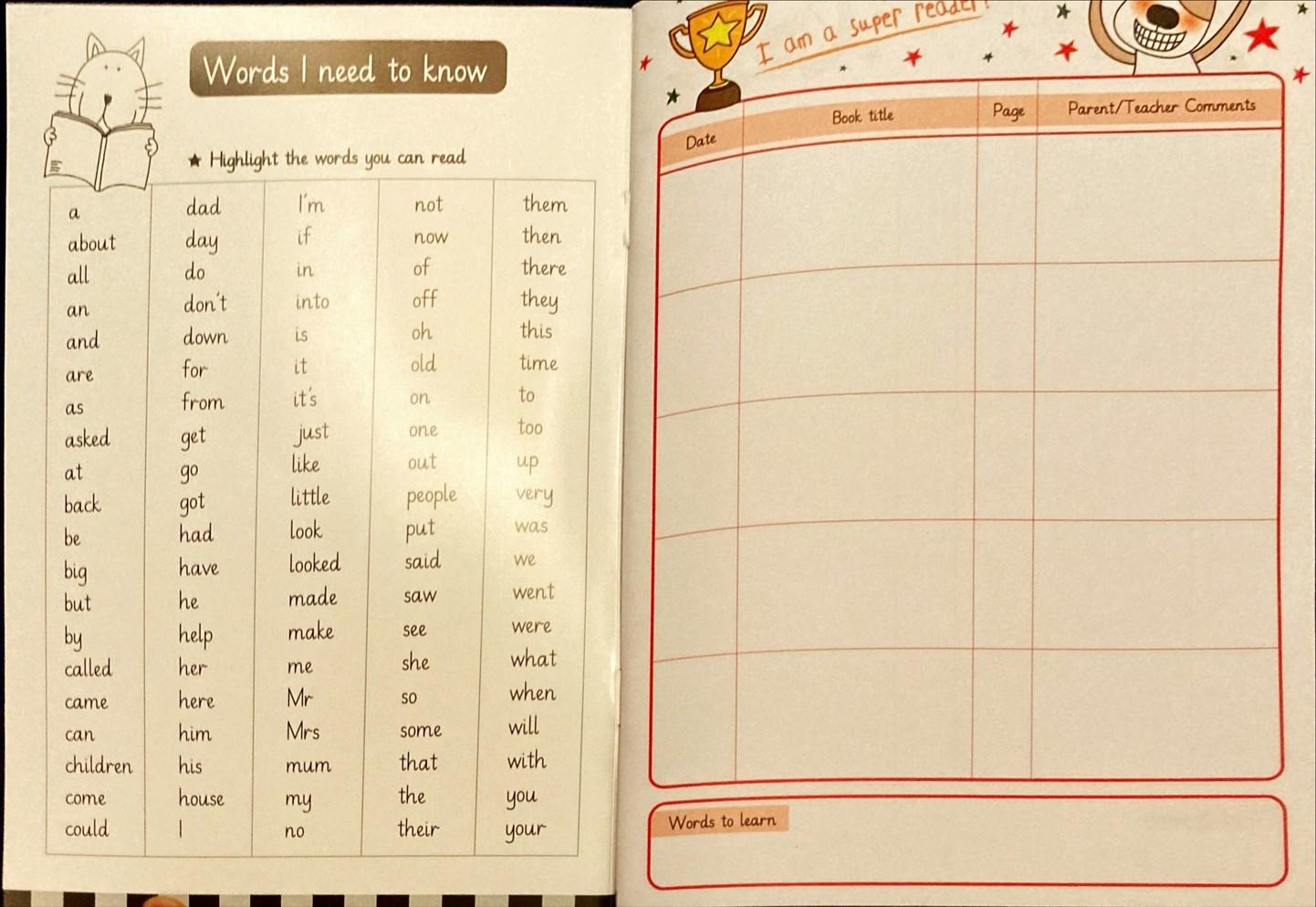
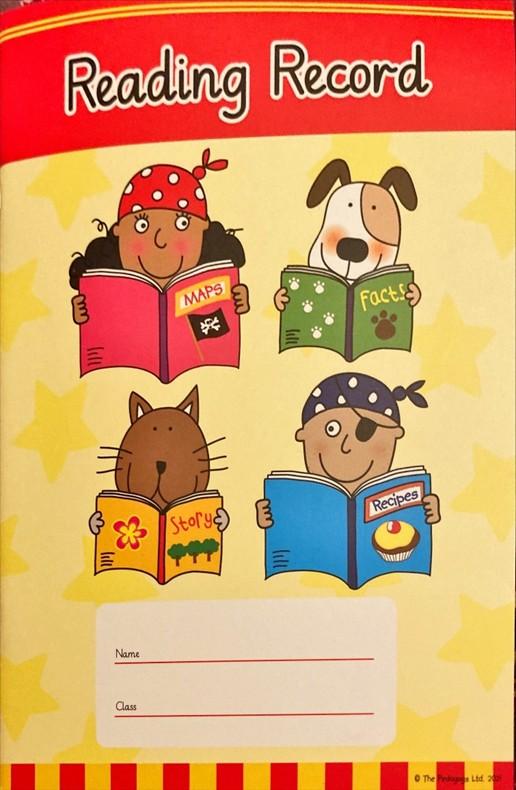
HOW TO COMPLETE THE RECORD

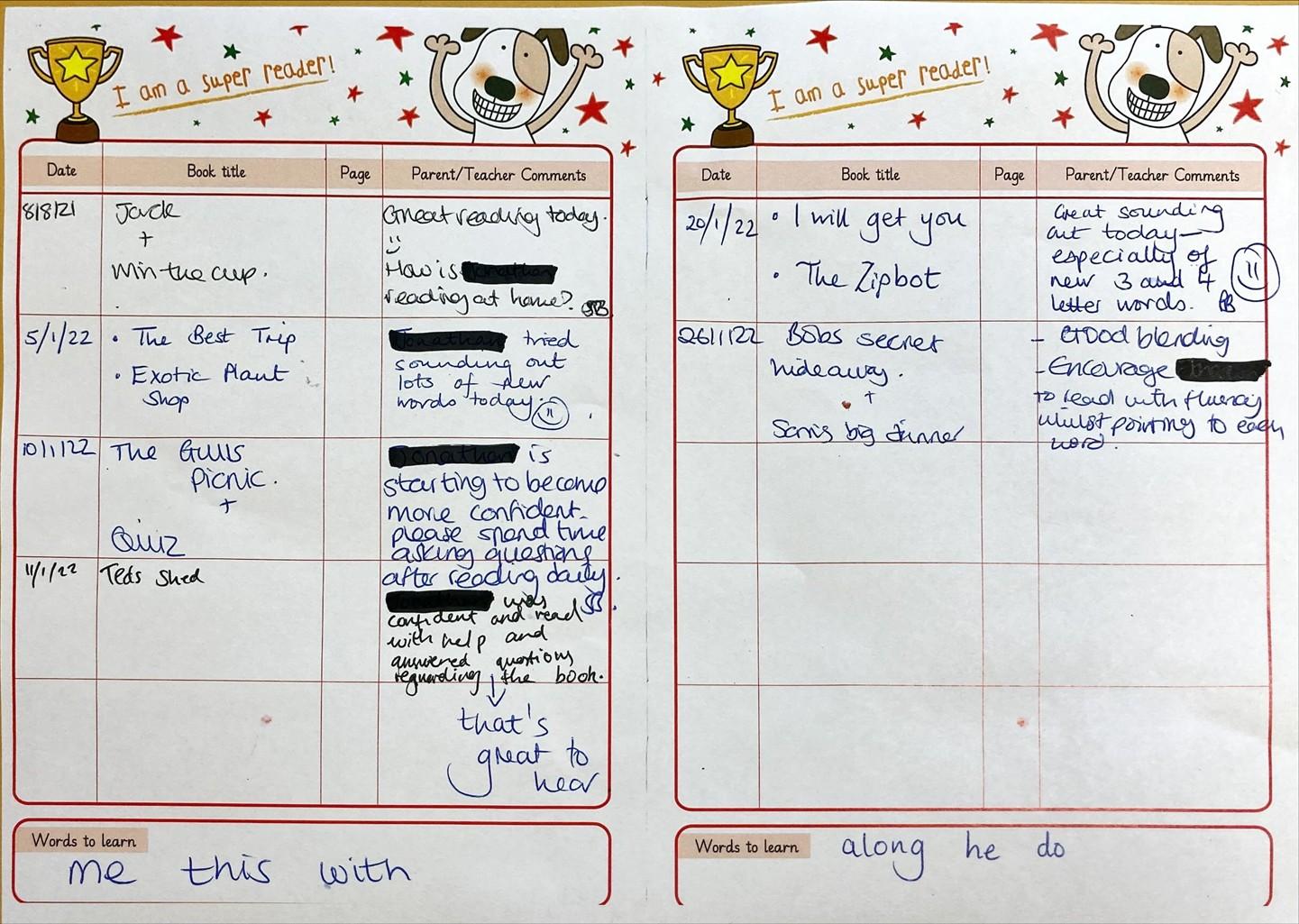
ANY QUESTIONS?
